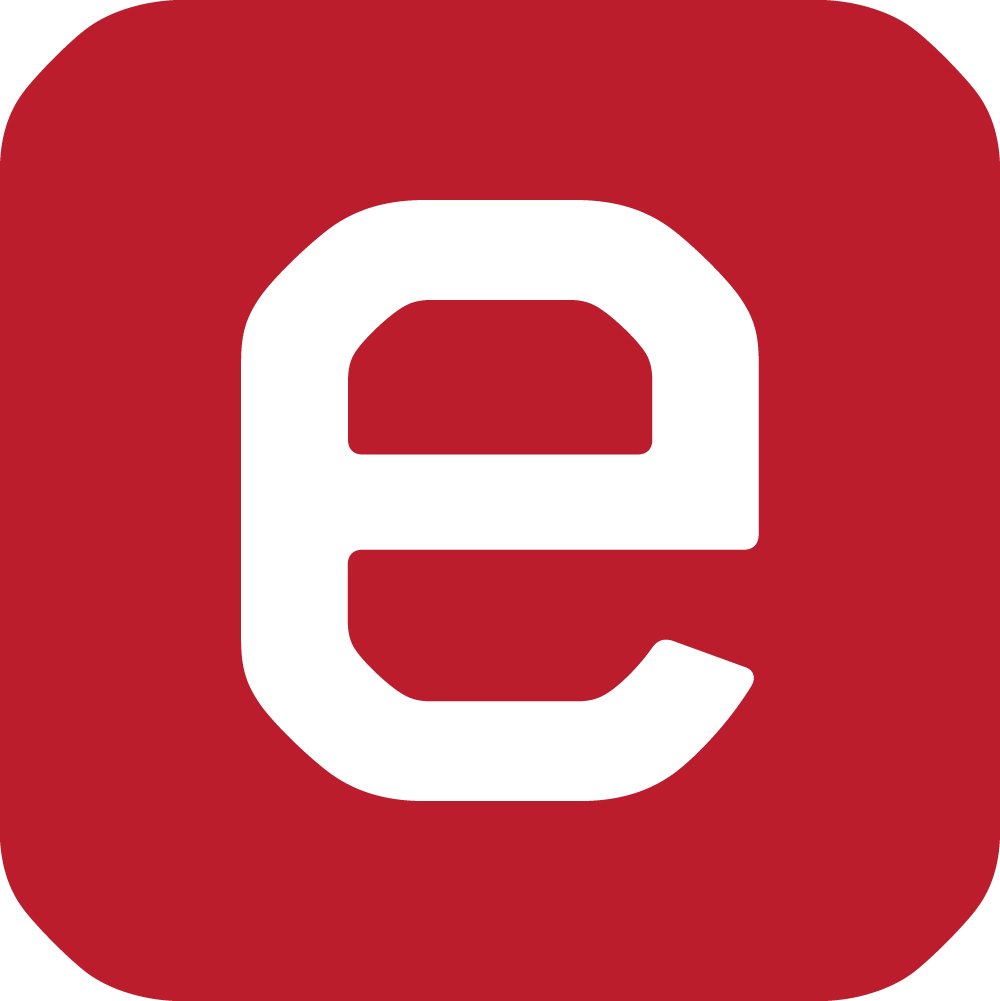OGCIO expects to save up to 1.7m per year in postage by switching to digital postboxes

It’s been almost two decades since parts of Europe began embracing digitisation for their government processes — a transformation that began in Denmark and have spread to other countries. Ireland had been easing into digitisation for a few years. Dublin, after all, is a central hub for innovation and ranked eighth in the European Digital City Index; Microsoft, Dell, Intel, IBM, and Facebook have all set up headquarters Ireland. Its 2019 proclamation to prioritise digital transformation for public service was a logical step.


out of 27 countries in Europe for digitalisation.
At the beginning of 2021, Ireland made a huge leap into this goal by introducing Digital Postboxes to its citizens via digital solutions company e-Boks. In its initial stages, the shift was met positively.
According to Elsa Flanagan from the Office of the Government Chief Information Officer (OGCIO), “some of the key benefits reported for these users has been ‘ease of access’, ‘digital’, and ‘speed’. They also reported that the user journey was simple, easy to follow and fast.”
Digital Postboxes, e-Boks’ premiere product, is a safer alternative to email. It allows users in a closed, secure network to send posts digitally with ease. It rids users of unwanted messages, ads, spam, as well as viruses and phishing attempts while guaranteeing the correct recipients for the individual messages. Before Ireland, e-Boks has been delivering this service to Denmark, Norway, Sweden, and most recently in Greenland. Delivering a cross-border Digital Postbox solution is one of the core platform capabilities, supporting e-Boks' vision of creating better digital societies.
It was in May 2019 when Minister of State Patrick O’Donavan announced plans to deliver a new digital service — a government Digital Postbox solution that would provide citizens with the choice to receive their government-related post in a secure digital mailbox via a single shared platform.
“It will put citizens at the center — providing them with fast, efficient access to manage and organise their communications in a safe and secure manner,” he declared. The Digital Postbox also promised substantial savings for the government.
e-Boks’ strategy for Ireland followed Denmark’s model, but with improved infrastructure (a hybrid cloud solution) that was based on common European standards as well as Ireland’s specifications. Unlike Denmark, however, Ireland decided to make the digital shift optional for its citizens.
Ireland is the first non-Scandinavian country to use this service. Implementation was split into two phases: getting Irish authorities on board first and then inviting the citizens.
“Success, in simple terms, is our citizens being able to carry out any government transaction digitally at the time and place and using the device of their choosing. But we don’t just want availability of services we want uptake. In other words, we want people to prefer to transact digitally with us. And so our digital ambition is underpinned with associated principles around consistent, intuitive customer experience, only collecting data once, etc.”
This was what Ireland’s Chief Information Officer Barry Lowry declared in a statement about the Irish Digital Governance Journey. When he entered office in 2016, he had been tasked with executing the Public Sector Information Communications Technology Strategy as a channel for the country to use shared digital services.
By August 2019, with digitisation in progress, he unveiled the government’s 18-step program, which comprises 18 major activities that will drive the Public Service ICT Strategy’s targets to (1) do more digitally; (2) do more with their data; (3) build capability; (4) build infrastructure; (5) deliver fit for purpose governance.
All 18 goals have made significant headway, from the delivery of the gov.ie portal to the introduction of the MyGovID to the passing of the Data Sharing and Governance Act of 2019 to the government private cloud, and now, to the establishment of the Digital Postbox.
“Our plan for 2021 is to engage with many sectors and all public bodies about service integration,” explains Elsa Flanagan from OGCIO. “At the moment we are currently engaging with our Health, Education, Transport, Revenue, and Welfare departments to establish and deliver key services that will be beneficial to customers. We are also working with Local Authorities and Further Education and Training bodies to ensure that the Digital Postbox is accessible and relevant to citizens in all walks of life.”
The World Economic Forum, in its report entitled Digital Transformation, enumerated the numerous advantages of digital transformation. It could hypothetically prevent around 26 billion metric tons of net carbon dioxide emissions from electricity, logistics, and automotive from 2016 to 2025. The decrease in electricity consumption alone could create $418 billion of new value for the economy. This goes hand in hand with Ireland committing to net-zero emissions by 2050.
Forbes, in its article Digital Transformation Benefits Beyond Cost Reduction, also listed that this transition benefits more than just cost-effectiveness. There is also the potential for greater productivity and growth in a well-connected, digital society.
In 2020, in the throngs of transformation, Ireland ranked sixth out of 27 countries in Europe for digitisation, according to the Digital Economy and Society Index report. Its high ranking was largely due to its large internet-using population and its improved digital public services.
The Digital Postbox may just improve on this further. The Minister for Public Expenditure and Reform Michael McGrath TD even said that it offers a two-way advantage for both the government, who can now safely communicate with their people more efficiently, and the citizens who can opt to receive messages and notifications that are accessible anytime and anywhere.
“Our vision,” says Flanagan, “is to provide a more joined-up government for citizens, having one solution in place to distribute important documents will not only create substantial savings, but it will also help us deliver on our strategic goals to provide this joined-up service that we endeavor to deliver.”
She adds that employing the Digital Postbox could serve more public service bodies, creating a unified way for the Irish government to engage with their customers.
“We hope that the Digital Postbox plays an instrumental part in providing a faster, better, and more secure service for our customers,” says Flanagan.